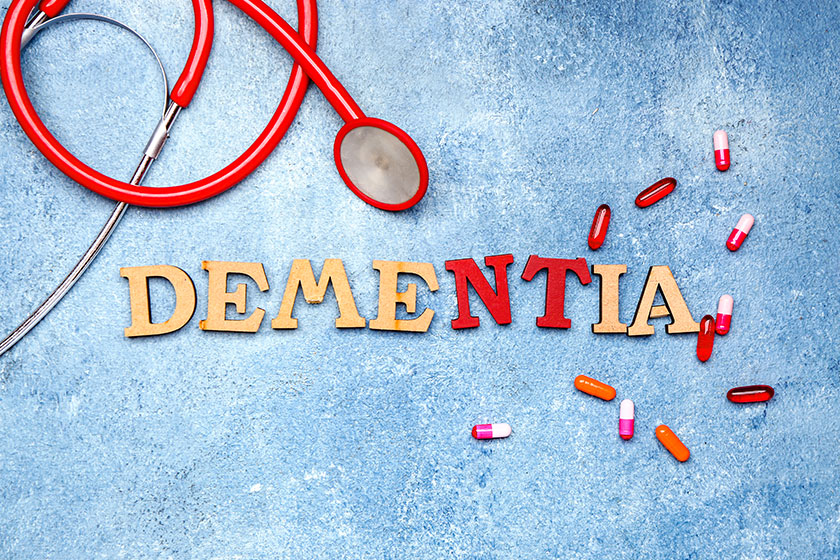Lewy body dementia (LBD) is a kind of progressive dementia that result in a decline in reasoning, thinking, and independent function due to abnormal microscopic deposits that harm brain cells over time. This article will walk you through the 7 stages of Lewy body dementia, providing insights into the progression of this condition.
Understanding Lewy Body Dementia
Before getting into the stages, it’s crucial to understand what Lewy body dementia entails. LBD is characterized by the presence of Lewy bodies – protein deposits found in the brain’s nerve cells that impair thinking, behavior, mood, and movement. Recognizing the progression can help caregivers and patients prepare and manage the condition effectively.
Early Stages
In the initial stages, symptoms can be mild and may include slight memory problems, mood changes, and coordination difficulties. Individuals may experience:
- Stage 1: No Symptoms – There are no visible symptoms, but changes might be happening in the brain.
- Stage 2: Mild Cognitive Impairment – Minor memory or concentration issues start to appear, though not severe enough to interfere with daily life.
- Stage 3: Mild Dementia – Symptoms become more noticeable, including forgetfulness, mild coordination problems, and slight difficulty in social or work settings.
Middle Stages
As the disease progresses, symptoms become more pronounced and interfere more with daily life:
- Stage 4: Moderate Dementia – More significant memory loss occurs, along with confusion, difficulty recognizing familiar people, and physical symptoms like tremors or stiffness.
- Stage 5: Moderately Severe Dementia – Major memory gaps, confusion about time or place, and more severe physical symptoms are evident. Care support becomes necessary for daily activities.
Late Stages
In the final stages, full-time care is usually required as the individual loses the ability to communicate and care for themselves:
- Stage 6: Severe Dementia – Communication becomes very challenging. The individual might need assistance with daily activities and exhibit significant changes in personality and behavior.
- Stage 7: Very Severe Dementia – In the final stage, individuals lose the ability to speak or communicate clearly, require assistance with all daily activities, and may be bedridden or unable to move without help.
Care and Management
Managing Lewy body dementia requires understanding and patience. As the condition progresses, care strategies will need to adapt. It’s important for caregivers to:
- Provide a safe environment.
- Maintain a routine.
- Use simple, clear communication.
- Address physical needs with gentle care.
- Seek professional advice for managing symptoms.
Lewy Body Dementia Stages
The 7 stages of Lewy body dementia outline the typical progression of the disease, from no symptoms to severe dementia. Understanding these stages helps families and caregivers prepare for the changes that come with LBD. Early diagnosis and appropriate care can improve quality of life for both the person with LBD and their caregivers. Remember, each individual’s journey with Lewy body dementia is unique; these stages are a guide, not a definite path.







